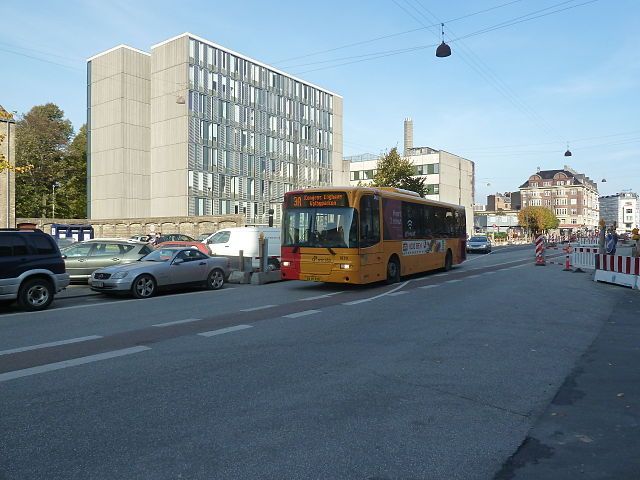The EU has accused Denmark of not complying with air quality legislation.
In a letter designated as a ‘formal notice’, the EU said that even though Denmark and the city of Copenhagen have had ten years to take the proper steps to reduce air pollution in the capital, they have not complied.
“It is clear that the kingdom of Denmark has failed to take all the measures necessary to meet all its obligations,” writes the EU.
The letter, which can often be the first step in legal proceedings, states that Denmark has not complied with the rules on air quality that the country was involved in adopting and that the centre of Copenhagen is more polluted than the EU allows.
Esben Lunde Larsen told Politiken the government expects that Denmark can comply with the limits within the next year.
Moving the goal
Since 2010, air pollution in Copenhagen has exceeded the limits set for nitrogen dioxide (NO2). NO2 comes mainly from heavy-diesel vehicles. One monitoring station located on the Hans Christian Andersens Boulevard has measured high concentrations of NO2.
READ MORE: City calls for national action to reduce air pollution
In an attempt to get below the legal limit, the government wants to move the measuring station further away from the traffic and downgrade the measurements that are made close to the roadway.
The EU rejected that idea.














